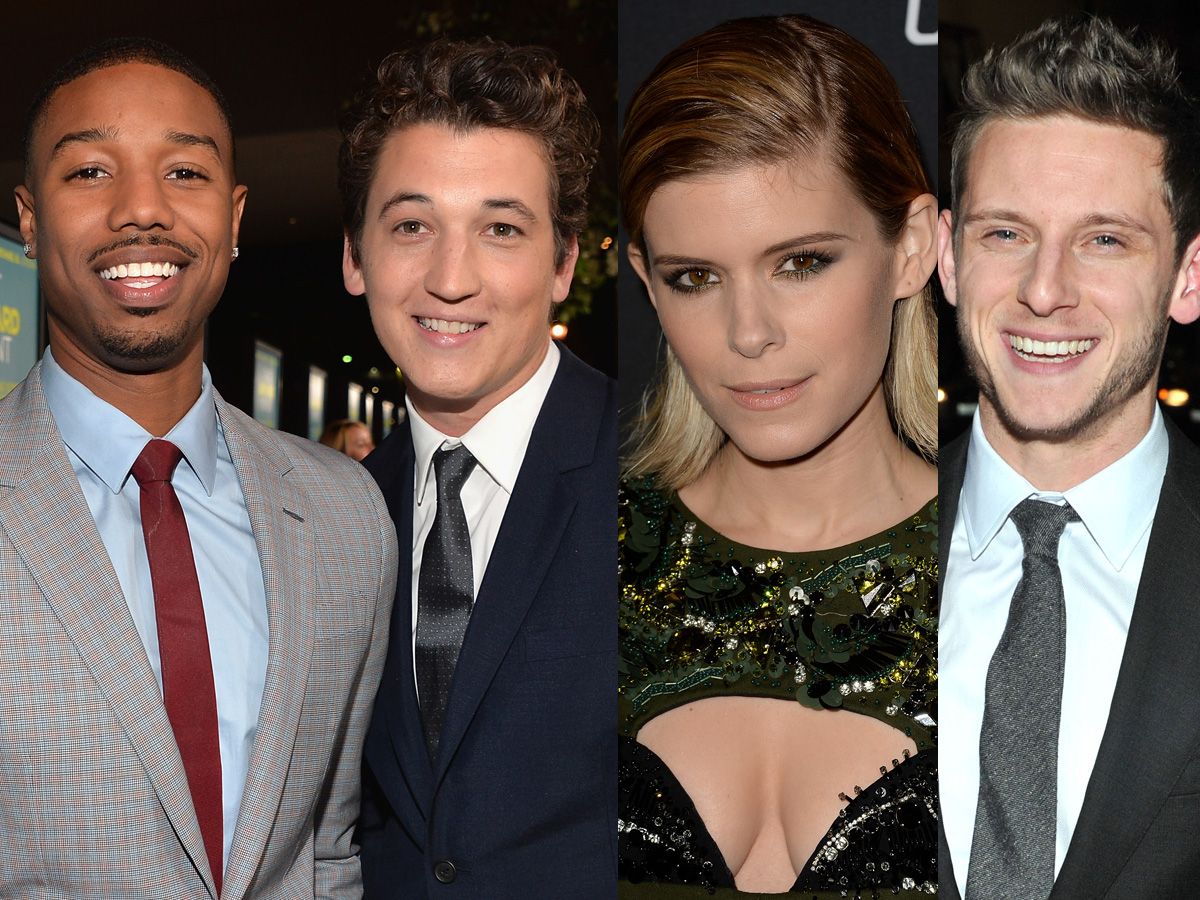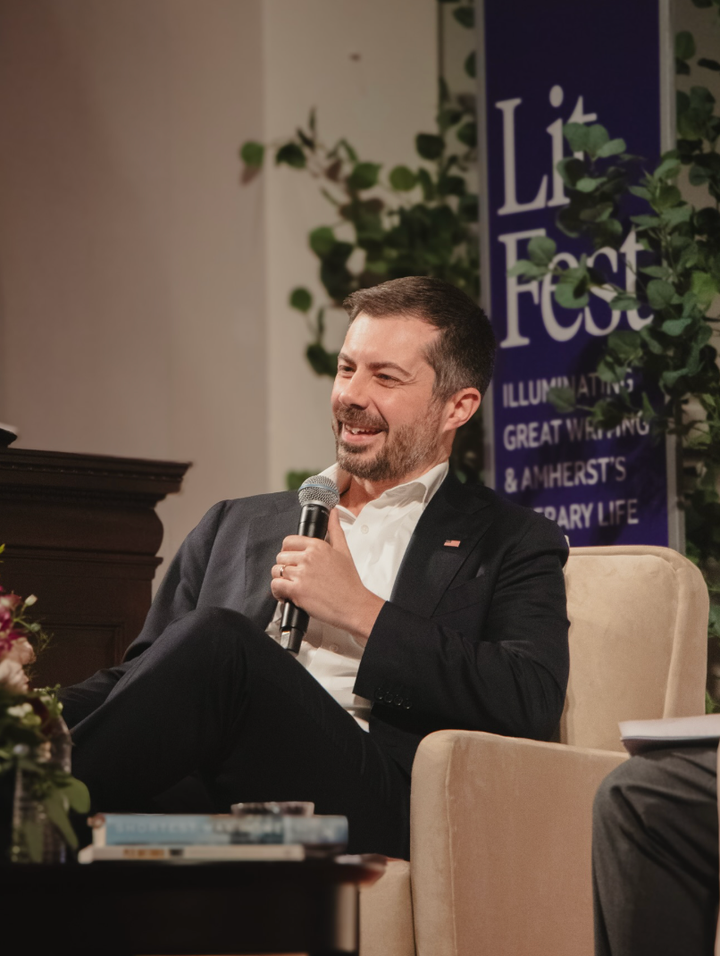Racism on Twitter: Fantastic Four Cast

As we’ve discussed before, I love superheroes. If anyone needs proof, please look back on my previous articles or find me in Val to hear about my intense bordering-on-obsessive love for the Caped Crusader. That love also extends to Marvel’s universe. Having seen massive success with “Thor,” “Iron Man,” “Captain America,” “The Avengers” and the hype for the upcoming “Guardians of the Galaxy,” the Marvel Universe will soon see its next potential hit: a “Fantastic Four” reboot.
A little over a week ago, the new cast was announced. Miles Teller (“Divergent”) will play protagonist, Mr. Fantastic. Kate Mara, who we’ve all loved watching in “House of Cards” as the intrepid reporter Zoe Barnes, will be Sue Storm, the Invisible Woman. Jamie Bell (“Billy Elliot”, “Adventures of Tin-Tin”) will be the ever-loving blue-eyed Thing. Finally, Michael B. Jordan (“Chronicle”) will play the Human Torch (previously played by Chris Evans). Although admittedly I haven’t actually heard of Teller or Bell, I was overall pretty excited when I heard the casting report. I’d been among those to finish Season 2 of “House of Cards” in a weekend and I really enjoyed “Chronicle,” so Invisible Woman and the Human Torch seemed to be in safe hands.
That was until I heard what Twitter had to say. Apparently, Michael B. Jordan is black and the original Johnny Storm isn’t. So people took to their keyboards to let the world know that “seriously, you cast a black dude to play the human torch in the reboot? That’s so not right!!! (Not being racist, no offense).” Now, I usually disdain when people go to twitter for news but clearly this user “wasn’t being racist.” The fact that the Human Torch is white has virtually no effect on his character. And neither would his recasting as black change anything at all about him.
In fact, many people on Twitter and other blogospheres confirmed that, while they weren’t racist, they weren’t exactly okay with Johnny Storm being black. While this once again confirms that people sometimes are simultaneously stupid and terrible, it’s worth looking through a few facts to try to clear this whole thing up. “Thor” and its recent sequel both had Heimdell, a traditionally white all-powerful Norse God, played by Idris Elba, a black guy. This didn’t negatively affect the plot, sales or even the character itself. It just added some much needed diversity but more on that later. In fact, the “Thor” movies have actually been pretty good, despite this “clearly politicized” casting just to be “P.C.” Some superheroes movies (I’m thinking of the last Fantastic Four films and “Spider-Man 3” here) were just awful. Like really, really, bad. And, to the surprise of no one, had an almost entirely white cast and white male leads, as per tradition.
Looked at in a historical context, we can see that these kinds of casting decisions are not only acceptable; they’re necessary as we move into the 21st century. While we do have a black president, racism is not over. Desegregation actually wasn’t that long ago and we’re still making unconscious but racially biased choices all the time. Look no further than Twitter. This is why it’s crucial that we work actively to change the privilege inherent in our media rather than passively accepting it as “tradition.”
The “Golden Age” of comic books was during the late 1930’s to late 1950’s. Bob Kane and Bill Finger created Batman in 1939. Superman first appeared on pulp paper in 1938. Spider-Man came late in 1962 with Stan Lee at the helm. Finally, Stan Lee and Jack Kirby dreamt up the Human Torch, along with the others in the Fantastic Four, in 1961. A few things are similar about of the major players in comic books (and comic book films): they’re all white and were all created before MLK’s famous speech and before LBJ signed the Civil Rights act in 1964. Keeping these characters from deviating from their original images means that they will continually embody the values of the time in which they were created: the values of the pre-Civil Rights period, one of segregation and intense racism.
Another point of ignorance that needs to be addressed is the idea that, if a white character can be recast as black, then a black character necessarily should be recast as white. The example brought out the most seems to be Black Panther, the first black superhero in mainstream U.S. comics. White characters in comic books and all of media or pop culture are, by default, white, especially in that time period. Black Panther, however, derives his name, powers and identity from being the chief of an African tribe. His identity is inherently rooted in his race. White characters face no such dilemma. In fact, in today’s world, white privilege is so pervasive that white doesn’t have to be thought of as a race, especially in comparison to the current disadvantages people face for other skin colors.
Finally, we get to the Human Torch specifically and how Twitter believes that he can’t be black because Sue Storm, his sister, is white. Anyone who asks, “when was the Human Torch ever black? His sister is white? WTF,” should remember that both adoption and half-siblings exist. Or better yet, they should stop caring because it’s a movie about four people with superpowers (and the guy who you’re complaining about can fly because he’s on fire).
I’ll end with this: these kinds of casting decisions and active reversing of institutionalized privilege are crucial to ending racism and segregation. Ultimately, the people who take to Twitter or blogging or don’t understand their privilege, and the fact that they’re pretty racist (even if they start with “I’m not racist but…”).





Comments ()